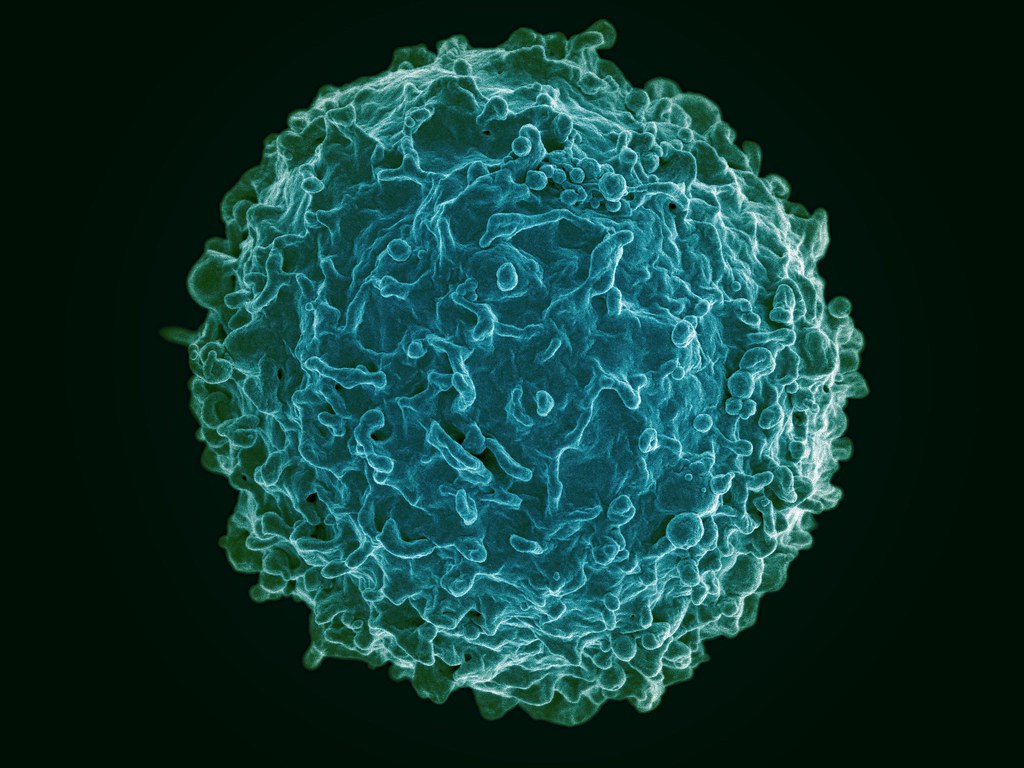Let's check my health privilege: I have no allergies, I'm in possession of my tonsils, appendix, and wisdom teeth, and I have never been hospitalized or so much as broken a bone (*knocks on desk*). Infectious illnesses like malaria, diarrheal diseases and Tuberculosis are among the top killers of people worldwide. But for me, living in the United States, mosquito bites are annoying rather than deadly, the only diarrheal disease I have to worry about is Taco Bell-induced, and the only way I'll get Tuberculosis is if I make a horrible mistake in our specially equipped biosafety lab.

In my case, serious illness is more likely to result from bottles of rosé, Netflix binges, and—all jokes aside from my mother—loneliness. In high-income countries like the United States, the deadliest diseases are ones we inflict on ourselves. Once termed “diseases of affluence,†heart disease, diabetes, liver disease, and certain cancers are chronic illnesses caused mainly by poor diet and lack of exercise. The convenience of cars and fast food in the wealthiest countries have allowed these diseases to reach the epidemic proportions of infectious diseases in lower income countries. Excessive alcohol consumption and exposure to tobacco smoke also contribute to deadly heart and lung conditions. This means that each trip to the Chick-fil-A drive through or night out downtown could contribute to potentially serious illness.
Even if you don't drink, exercise often, and avoid fast food, if you regularly eat red or processed meat, you may increase your risk for colorectal cancer, heart disease, stroke, and type 2 diabetes. But even those whose health obsession rivals Gwyneth Paltrow's are not exempt from self-inflicted health risks. Access to technology, especially social media, may be leading to the increased feelings of social isolation and loneliness that can increase the risk of heart disease by up to 30%.

Even if I eat my way to heart disease or scroll myself into loneliness on Instagram, I am at least fortunate enough to have access to treatment. Others aren’t so lucky. Diseases of affluence are no longer confined to the wealthiest nations. As middle classes in lower income countries emerge and trend towards urbanization and western diets, the once “affluent†diseases now affect low and middle income countries. These chronic illnesses are worsened by the presence of infectious diseases and inconsistent access to healthcare. The new middle class may now be able to afford red meat, fast food, and new technology but they may not be able to afford the healthcare that is needed after years of an unhealthy diet or even live in a country where depression is recognized as a disease.
Although we cannot as individuals improve health care systems in other countries, we can channel our affluence in to influence. Just as the popularity of fast food and red meat in wealthy countries made its way to low and middle income countries, so can rising health trends. One such example is Evivo, a probiotic baby formula. Due to the popularity of this product aimed at improving gut health in infants born to wealthy mothers in western countries, The Bill and Melinda Gates Foundation have invested in the company to help support development of products that build upon this formula to improve nutrition and prevent diseases in low income countries. Increasing demand for vegetarian protein sources and decreasing demand on foods containing harmful fats are other ways our choices could impact global food trends. Privilege may come with an increased risk of certain diseases, but it also comes with power to make a difference.
About the Author
 Megan Prescott is a Ph.D candidate in the Department of Microbiology at the University of Georgia. She dedicates her time outside the lab to serving as President of UGA's Women in Science (WiSci) organization, volunteering with the Junior League of Athens, and continuously watching The Office on Netflix. She counts each day she leaves the lab without giving herself TB as a success. More from Megan Prescott. Megan Prescott is a Ph.D candidate in the Department of Microbiology at the University of Georgia. She dedicates her time outside the lab to serving as President of UGA's Women in Science (WiSci) organization, volunteering with the Junior League of Athens, and continuously watching The Office on Netflix. She counts each day she leaves the lab without giving herself TB as a success. More from Megan Prescott. |
About the Author
- athenssciencecafehttps://athensscienceobserver.com/author/athenssciencecafe/April 17, 2020
- athenssciencecafehttps://athensscienceobserver.com/author/athenssciencecafe/April 12, 2020
- athenssciencecafehttps://athensscienceobserver.com/author/athenssciencecafe/April 3, 2020
- athenssciencecafehttps://athensscienceobserver.com/author/athenssciencecafe/March 30, 2020







